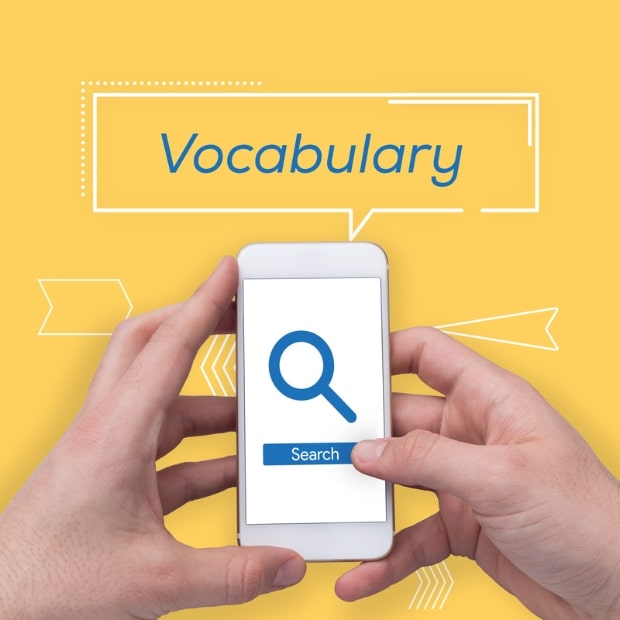
The power of a vast vocabulary shouldn’t be underestimated.
Possessing a robust lexicon can be a game-changer, whether you’re delivering a compelling presentation, participating in a public debate, or articulating a nuanced message. Henry Hazlitt, in Thinking as a Science, eloquently expressed, “A limited vocabulary constrains the depth of one’s thoughts. The broader one’s linguistic range and the keener one’s sensitivity to subtle shades of meaning, the more enriched and precise their thinking becomes.”
The main reasons you should develop your vocabulary:
- There’s a clear connection between vocabulary you know and what we call general intelligence.
- High amounts of vocabulary equal occupational success.
- Knowing lots of words allows for brevity and precision in communication.
- Your reading and writing skills will improve dramatically.
- Learning new words will keep your brain on its toes. Novelty is the number one ingredient in a healthy brain diet.
“Will I have to use a dictionary to read your book?” asked Mrs. Dodypol. “It depends,” says I, “how much you used the dictionary before you read it.”― Alexander Theroux, Dawsonville’s Cat
12 Best Ways to Grow Your Vocabulary Fast:
1. Use the flashcards and the spaced-repetition method
This is by far the best method to learn new vocabulary. Let’s say you use traditional cramming to learn 20 new words during one session. You may remember them after a day or two, but unfortunately, after four or five days you’ll be able to recall just a few of them. That’s where most of the vocabulary learning falls short. To truly remember new words, you need the method of spaced repetition. It means that you need to revise the new word after one day, three days, one week, one month, and a few months. In that way, you will move new words from short-term to long-term memory. You will also be able to recall the words quicker and remember them longer.
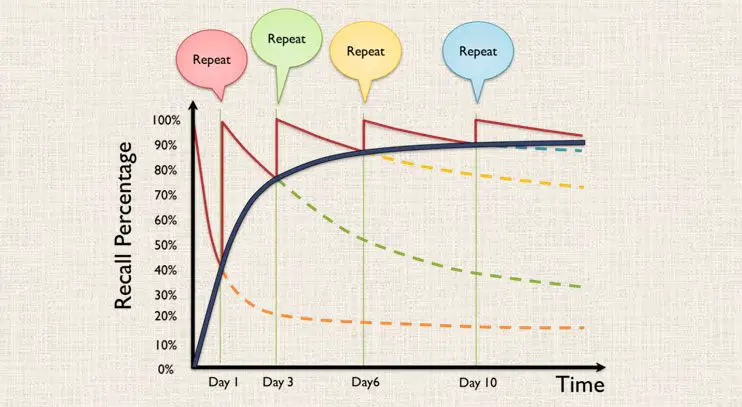
Flashcard apps
Fortunately, there’s an app for that. The one I use is called Anymemo (there’s also another popular app called Anki). And here’s the key – using it becomes a habit. Every time you have a couple of minutes you can take out your phone and learn a few new words. After a couple of months, your vocabulary will expand like never before.
How to use Anymemo
With Anymemo you’ll be able to download pre-made lists containing advanced vocabulary. By using the app I learned over 5200 new advanced words in English. Here’s how it works: Download the word list like “5000 Collegiate Words” or “GRE Wordlist” from the Anymemo database. You can browse the list for quick reference in the “Card List” mode.
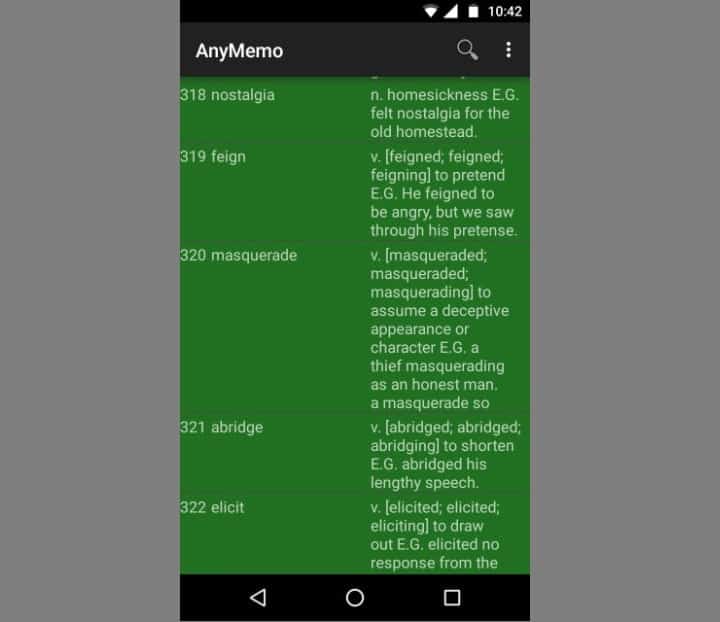
Start learning. On one “side,” you’ll see the word, and on the other, the definition. Then you give yourself a score depending on your knowledge of the word. The app will automatically remind you of the words you still haven’t learned.

You can connect Anymemo to a dictionary app like Color Dict that will show you more information about the word (it also contains a thesaurus).
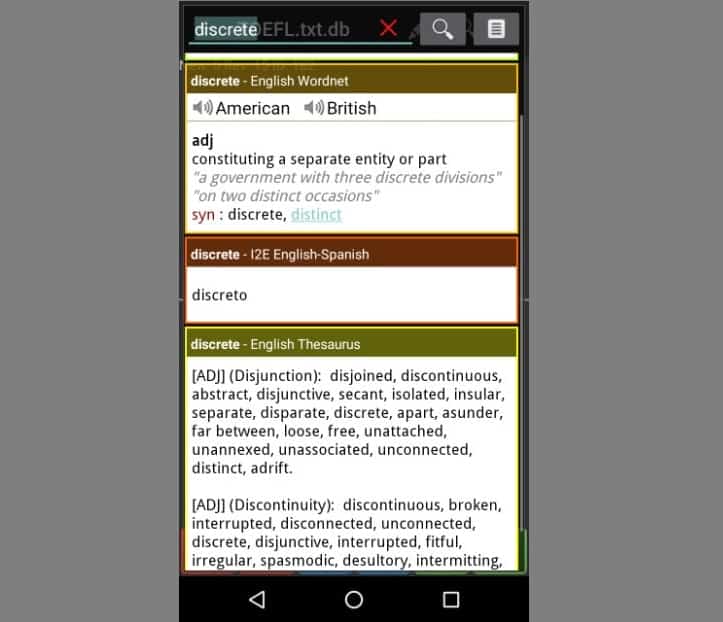
Continue learning every day until you get the whole list down. If you go through 10 new flashcards a day, after one year you’ll be equipped with 3650 new exciting words.
2. Read books containing copious amounts of sophisticated vocabulary
Next, you’ll need to develop a reading habit. With the words you’ve learned from flashcards, the once-hard books will now become quite readable. By encountering difficult words put in context, you’ll be more likely to remember them (especially if you’ve learned them before with the spaced repetition method). If you were not an avid reader before, you can start even with 20 or 30 minutes per day. Pretty soon, you’ll want to read more as it’s one of the most rewarding activities you can engage in.

The most vocabulary-rich books I recommend are:
- Arguably, Essays – by Christopher Hitchens
- Great Expectations – by Charles Dickens
- Lolita – by Vladimir Nabokov
- Against Interpretation – by Susan Sontag
- Ulysses – by James Joyce
Also, there are books solely about improving your word skills:
- Word Power Made Easy: The Complete Handbook for Building a Superior Vocabulary
- 30 Days to a More Powerful Vocabulary
- Merriam-Webster’s Vocabulary Builder
- 1100 Words You Need to Know
3. Seek lists containing advanced vocabulary
There are many great word lists you can find online. Read through them to check for quaint words that will upgrade your knowledge. You could start with:
- 50 Sophisticated Words You Should Start Using
- 200 Short Pretty Words in English
- 40 Useful Words and Phrases for Top-Notch Essays
- 100 Words to Make You Sound Smart
“Few activities are as delightful as learning new vocabulary.” – Tim Gunn
4. Watch intelligent, vocabulary-rich movies and TV series

Movies are a gateway to culture, emotion, and artistic perception. But they can also teach you a thing or two about word usage, excellent writing, pronunciation, and the rhythm of the language. I put together a list of indispensable movies that will teach you all of these things: 50 Sophisticated Words in English (With Examples From Movies) This list contains 50 words, as well as links to YouTube clips of movies in which these words appeared. Pick your favorites and prepare for a weekend of unforgettable entertainment.
5. Listen to podcasts and watch debates that include highly articulate speakers
It’s one thing to learn words from a list or a book, and another to hear them in action – especially as they pierce through the hearts of live audiences. If you want to grow your mind (and mental lexicon), I would recommend any debate or conversation including luminaries such as:
- Richard Dawkins,
- Christopher Hitchens,
- Sam Harris,
- Terence McKenna,
- Neil deGrasse Tyson,
- Steven Pinker,
- Allain de Botton,
- Carl Sagan,
- Michio Kaku
These gentlemen are (or were) tremendous wordsmiths that just by listening to them you’ll expand your horizons and absorb new words.
6. Use the newly learned words in practice
I love the smell of napalm in the morning. But I also love putting newly learned words to work. I once watched a documentary about Henry Miller – a writer and author of the great Colossus of Maroussi. He said that as a young writer, he used to keep lists of his favorite words and then he would forcefully include them in his works. Maybe that’s not the best thing to do when writing a novel, but it helps when you’re trying to soak in new vocabulary. I was once listening to Dan Kennedy, one of the best copywriters of all time. He said that to learn his craft, he re-written the 100 most successful sales letters in history. He did it in longhand on a legal pad to learn “the rhythm” of the copy. Now how are you going to try out your new words?
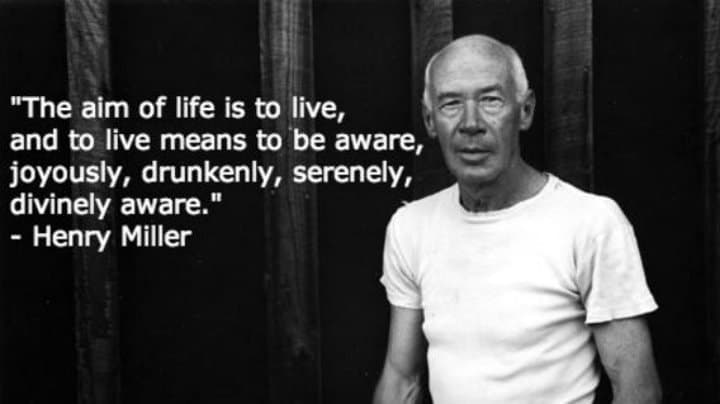
7. Use a mobile dictionary and a thesaurus
There are marvelous dictionary apps to use when you need a quick definition of the rules of usage of a particular word. The one I use is called Color Dict. It contains a thesaurus and examples of usage, and it automatically translates an English word into Polish and Spanish. Feel free to pick and choose from this list of Top 12 Dictionary Apps to Use Offline.
8. Know just a bit about the etymology and the cultural context of the words you’re learning
In his Memories, Dreams, Reflections, Carl Jung said that “the process of individuation requires the circumvention of the ego”. Now, what the hell does that mean? If you want to become a word expert, you need to pay attention to the context, key terms, definitions, and sometimes, the etymology of the words.
From the free Online Etymology Dictionary, we learn that:
- Individuation (n.) – 1620s, from Medieval Latin individuation (nominative individuation), noun of action from past participle stem of individuare “to make individual,” from Latin individuus “individual” (see individual (adj.)). Psychological sense is from 1909.
- Circumvention (n.) – early 15c., from Latin circumvention (nominative circumvention), noun of action from past participle stem of circumvention “to get around”
- Ego (n.) – 1714, as a term in metaphysics, “the self; that which feels, acts, or thinks,” from Latin ego “I”
With that knowledge, we could assume that he meant something like To become a fully developed individual, you need to get around your sense of “I”. The task still seems daunting, but at least you can understand it more clearly. In many books, the authors themselves explain what they do while using certain terms (usually you can find them in an index or a glossary). If you want to learn more about how to better understand expository works, I highly recommend reading How to Read a Book.

9. Read the best essays in any given language
Essays are at the core of any cultural movement. They’re rich in vocabulary, and from them, you can learn all the right stuff about history, art, science, philosophy, literature, cinema, travel, politics, science, and personal experience. In Against Interpretation, using her highly intellectual style, Susan Sontag says: “Today is such a time, when the project of interpretation is largely reactionary, stifling. Like the fumes of the automobile and heavy industry which befoul the urban atmosphere, the effusion of interpretations of art today poisons our sensibilities”. If you ever looked for some advanced lexicon, look no further. I compiled a list of 40 Best Essays of All Time (With Links) so feel free to plow through it.
10. Listen to the best audiobooks
Around half of the books I consume, take the form of an audiobook. If you don’t have enough time to read a paper book, you can put on your headphones and seamlessly enjoy the greatest works of literature while lying down, exercising, traveling, or commuting.

It’s good to attack your lexical headquarters from as many angles as possible. And with apps like Audio, you can listen to your materials twice as fast.
11. Read poetry
Poets are the ultimate word sculptors, for in their trade there’s no room for verbiage. Poetry expands not only your vocabulary but also your heart and soul. Don’t miss out on it. Some of the greatest actors learn and recite new poems all the time. Anthony Hopkins, for example, tries to learn a new poem every week. Reading out loud truly opens up the melody and poignancy of the language. That’s why the Koran is being recited to create an ecstatic effect among the listeners. That’s also why Persians have a thousand-year-old tradition of sung poetry.
12. Learn other languages to understand your own
Learning words in Spanish helped me to understand some of the English words better. Right now I plan to read Joyce’s Dubliners in English first, and then read it in a Spanish paperback to improve my abilities in both languages.
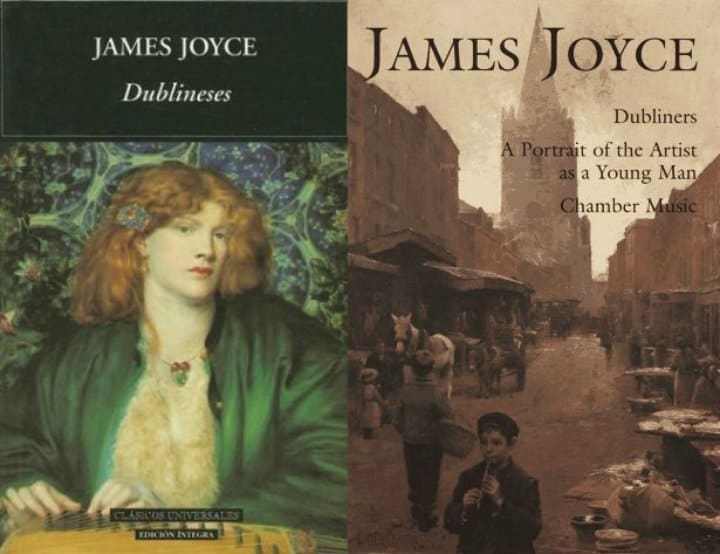
English contains huge amounts of words from other languages, and by knowing them, you’ll become a cosmopolitan individual. To give you a taste, here’s a list of 45 Common English Words That Came from Other Languages. Did you find this article useful? Do you know any other useful ideas to learn new words?
Hey there, welcome to my blog! I'm a full-time entrepreneur building two companies, a digital marketer, and a content creator with 10+ years of experience. I started RafalReyzer.com to provide you with great tools and strategies you can use to become a proficient digital marketer and achieve freedom through online creativity. My site is a one-stop shop for digital marketers, and content enthusiasts who want to be independent, earn more money, and create beautiful things. Explore my journey here, and don't forget to get in touch if you need help with digital marketing.

